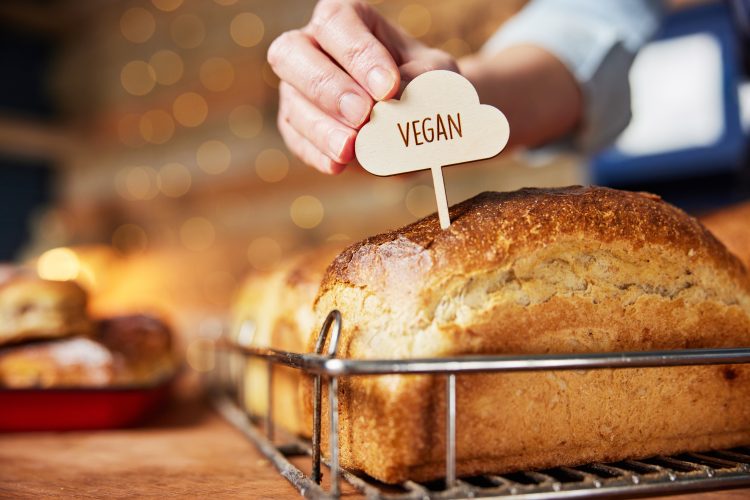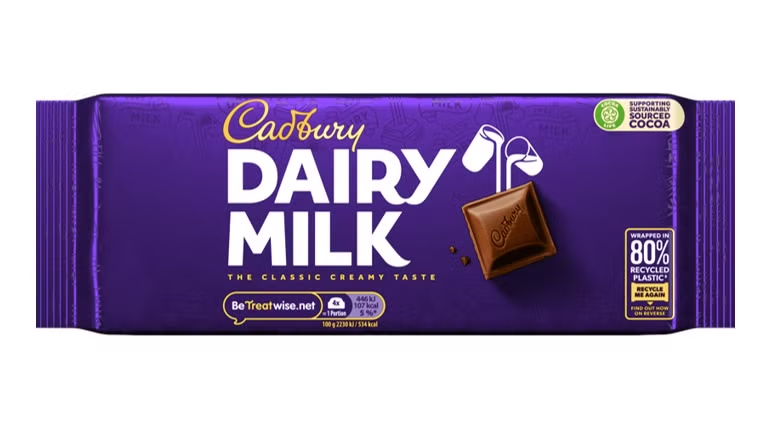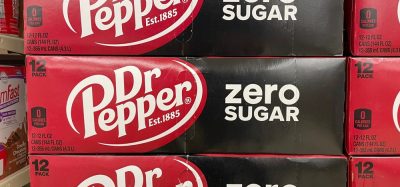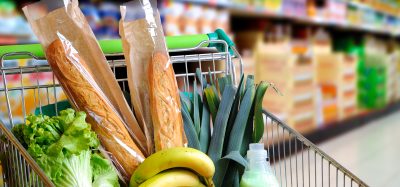FSA urges vegan label caution for those with food allergies
- Like
- Digg
- Del
- Tumblr
- VKontakte
- Buffer
- Love This
- Odnoklassniki
- Meneame
- Blogger
- Amazon
- Yahoo Mail
- Gmail
- AOL
- Newsvine
- HackerNews
- Evernote
- MySpace
- Mail.ru
- Viadeo
- Line
- Comments
- Yummly
- SMS
- Viber
- Telegram
- Subscribe
- Skype
- Facebook Messenger
- Kakao
- LiveJournal
- Yammer
- Edgar
- Fintel
- Mix
- Instapaper
- Copy Link
Posted: 5 March 2024 | Grace Galler | No comments yet
The FSA has released a campaign supporting those living with food hypersensitivity, following research that revealed 62 percent wrongly trust ‘vegan’ labels.


In its latest campaign, the Food Standards Agency (FSA) has spotlighted the risk that food labelled as “vegan” can pose to those living with food hypersensitivity.
New research carried out by the Agency has revealed that 62 percent of people who react to animal-based products, or who buy for someone who is, are “confident” that products labelled ‘vegan’ are safe to eat, something that the food safety authority has said is “incorrect and may be putting them at risk”.
Now, in a bid to support those living with food hypersensitivity, the FSA has launched a campaign for those that have an allergy to milk, eggs, fish and crustaceans or molluscs.
The initiative encourages those that have a food allergy, or purchase food products for someone that does, to make sure they “always check for a precautionary allergen statement such as ‘may contain’, on vegan products to decide on whether it’s safe to eat”.
Additional research found that 54 percent of those who react to products of animal origin have utilised vegan labels to determine whether a food is safe to eat at least sometimes when buying packaged foods.
In fact, 29 percent of consumers who react or buy for those that react to products of animal origin were “not aware they should check for a precautionary allergen label” on vegan products as a way to decide whether it is safe to eat.
Antibody reduces children’s allergic reactions to numerous foods
Commenting on the FSA’s latest campaign, Emily Miles, CEO of the FSA, said: “It’s concerning that so many people who are allergic to milk, eggs, fish and crustaceans or molluscs believe food labelled as ‘vegan’ is safe for them to eat because they assume it doesn’t contain products of animal origin.
“Unfortunately, the reality of food production means there is still a risk of cross-contamination with animal-based allergens in vegan and plant-based products if produced in the same factory as animal-based products.
“That is why, through our ‘Vegan Food and Allergens Campaign’ we are urging people to always check for a label such as a ‘may contain’ and have a conversation about their allergens with food servers and businesses,” continued Miles.
She went on to share that she hopes the initiative will “support people to have confidence in making food choices that are safe for them to enjoy”.
But it isn’t just the “vegan” label that this campaign concerns, it also looks into how a “free-from” label is different to a “vegan” or “plant-based” label.
The FSA has now emphasised that, in order to use a free-from label, food businesses must follow strict processes to eliminate risks of cross-contamination so that they do not contain any of the allergen that they claim to be free-from.
In support of the campaign are three UK allergen charities, including Allergy UK, Anaphylaxis UK and the Natasha Allergy Research Foundation. In a joint statement, the charities have shared: “Every day we hear from people with food allergies, and their families, who face difficulties when choosing food that is safe for them to eat. We hope that by raising awareness of the issue it helps people with food allergies choose food that is safe for them.
“This worrying research shows that many people with allergies to products of animal origin are buying vegan and plant-based food and assuming it is safe to eat, without taking further precautions to check the label.
“That is why this campaign is so important in highlighting the potential for cross contamination in vegan products.
“This campaign will highlight the risks of people eating vegan and plant-based food without taking further action to check it is safe for their allergies, as well as inform them of differences between vegan products and free-from products,” concluded the charities.
Related topics
Allergens, Food Safety, Regulation & Legislation, retail, The consumer, Trade & Economy









